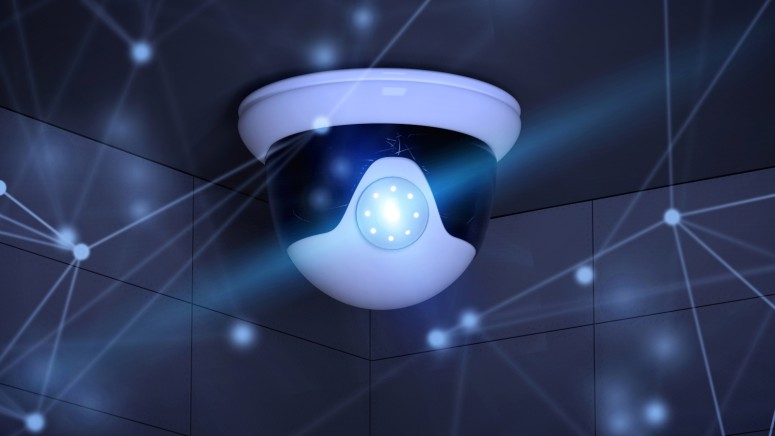
D-Link Introduces new AI-Features for its Home Security Cameras
- D-Link introduces new cloud-based AI face recognition and security incident detection features.
- The new features will be passed to last year’s models as well, and another two that are launched in 2020.
- The company doesn’t have a clean security record, especially in the field of cloud-assisted data communications.
D-Link has just introduced some exciting AI-powered face recognition features to empower its home security cameras. These updates concern all the models that were presented during last year's CES (Consumer Electronics Show), and will almost certainly concern the models that are about to be presented in the one that’s about to be held this month. According to D-Link’s claims, the new AI system will be able to detect “who is who” with high accuracy rates and to do so pretty quickly. The AI will be hosted on the company’s cloud network, so it won’t run locally on the devices or a central hub.
This is understandable considering the processing power required, but it raises the first privacy concerns. Of course, the usual assurances about the feeds being anonymized are provided, and in the end, it is up to the end-user to accept whatever risks and move on embracing the benefits. Speaking of which, identifying a person won’t be the only trick up the AI’s sleeve. The new system will also be able to detect security-related incidents such as the breaking of glass. This raises the feeling of security for the users of these systems, as the camera could potentially detect a life-threatening incident and help alert the authorities quicker.
The new cameras that D-Link is about to present on CES include an outdoor model that is priced at $119.99 and which will trigger a moving spotlight and siren when motion is detected. Rumors also talk about a new indoor model priced at $99.99, which will give full 360-degree views combined with full-range motion tracking and two-way audio. This second model though shouldn’t be expected any earlier than by Q2 2020. D-Link will also ramp up the support microSD storage to 256GB, while also allowing the streaming and storing of video feeds to personal NAS devices.
Recently, we saw how the D-Link DCS-2132L cloud camera was susceptible to video feed interception, as discovered by ESET researchers. The device didn’t encrypt any of the associated sensitive information, so anyone could grab the data stream packets and easily reconstruct them. Hopefully, apart from the new AI features, the company will have sorted these problems already so the users of their products won’t run the risk of having their video feeds stolen by hackers. That is especially the case now since the cloud services are getting such a central role in the functionality of the new AI features.
Will you be trusting a D-Link’s cloud-based AI, or will you prefer to keep everything on local storage? Let us know where you stand in the comments down below, or on our socials, on Facebook and Twitter.








